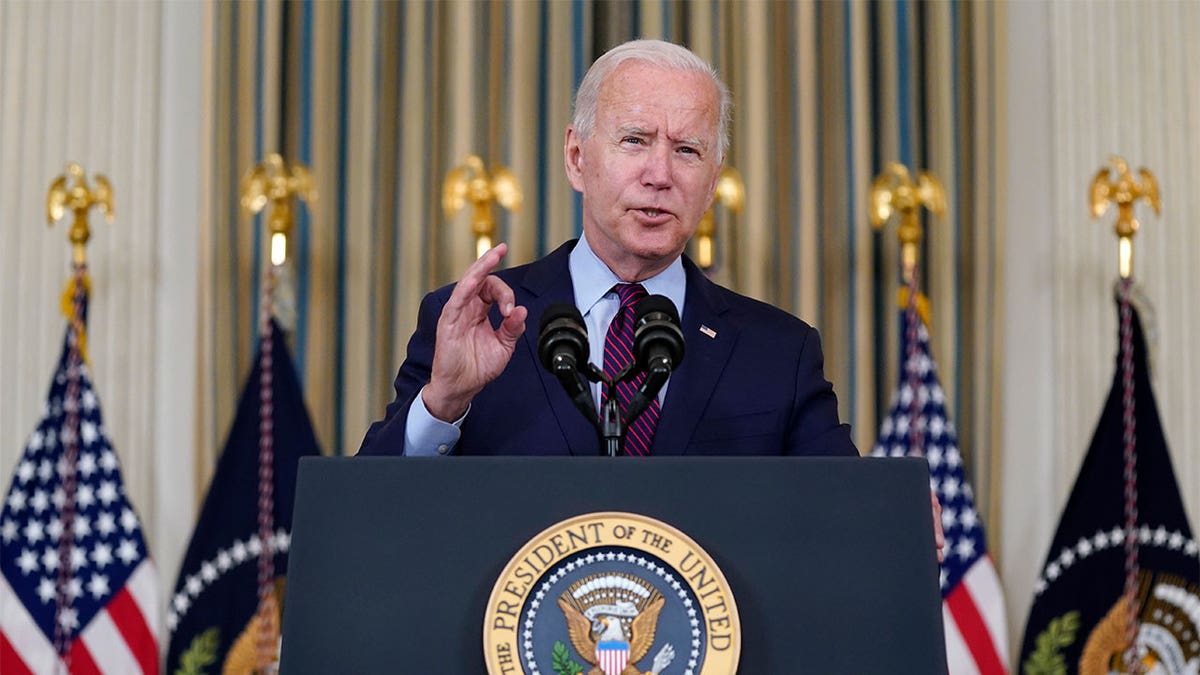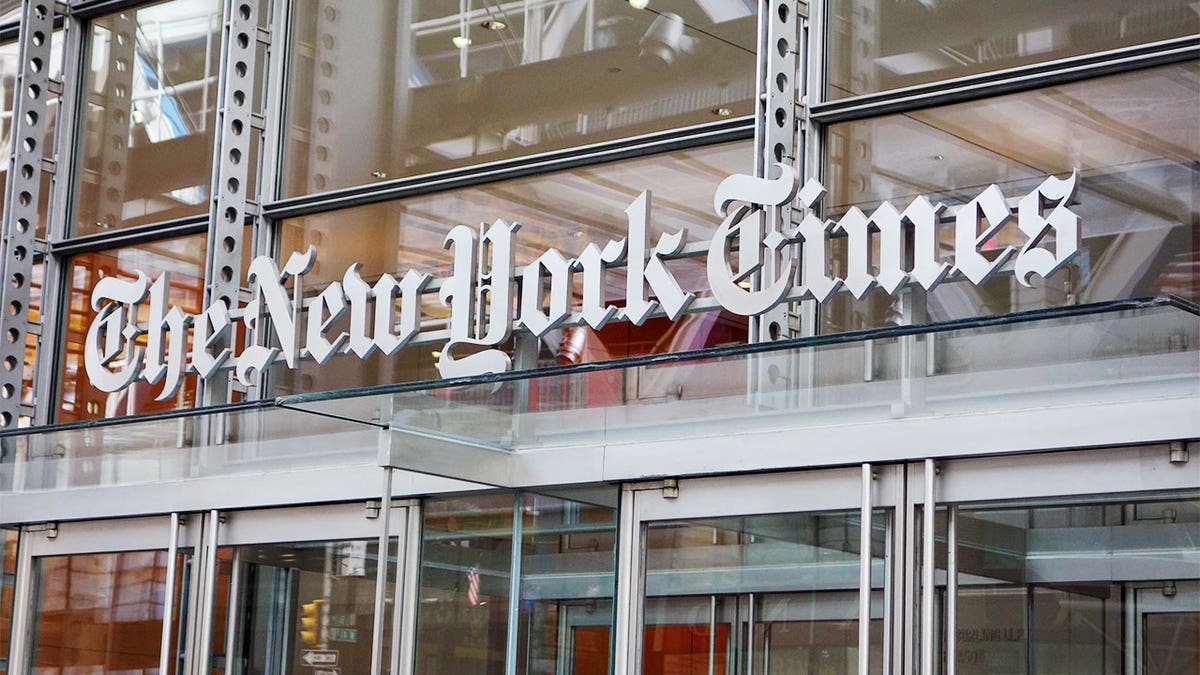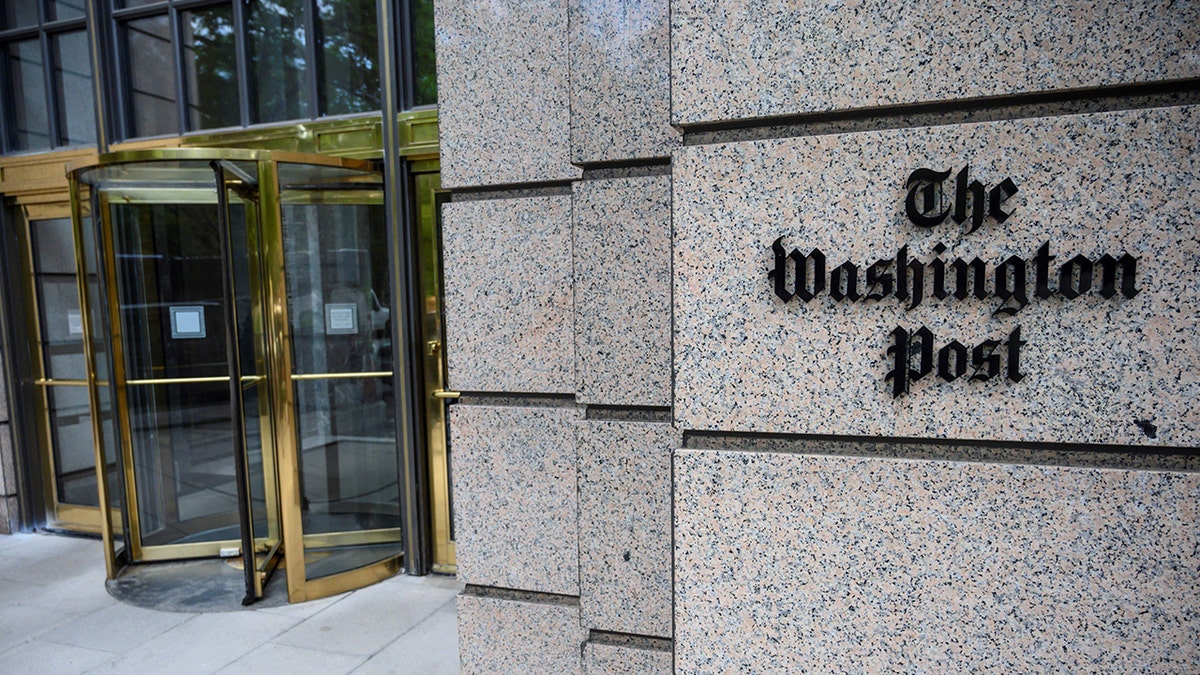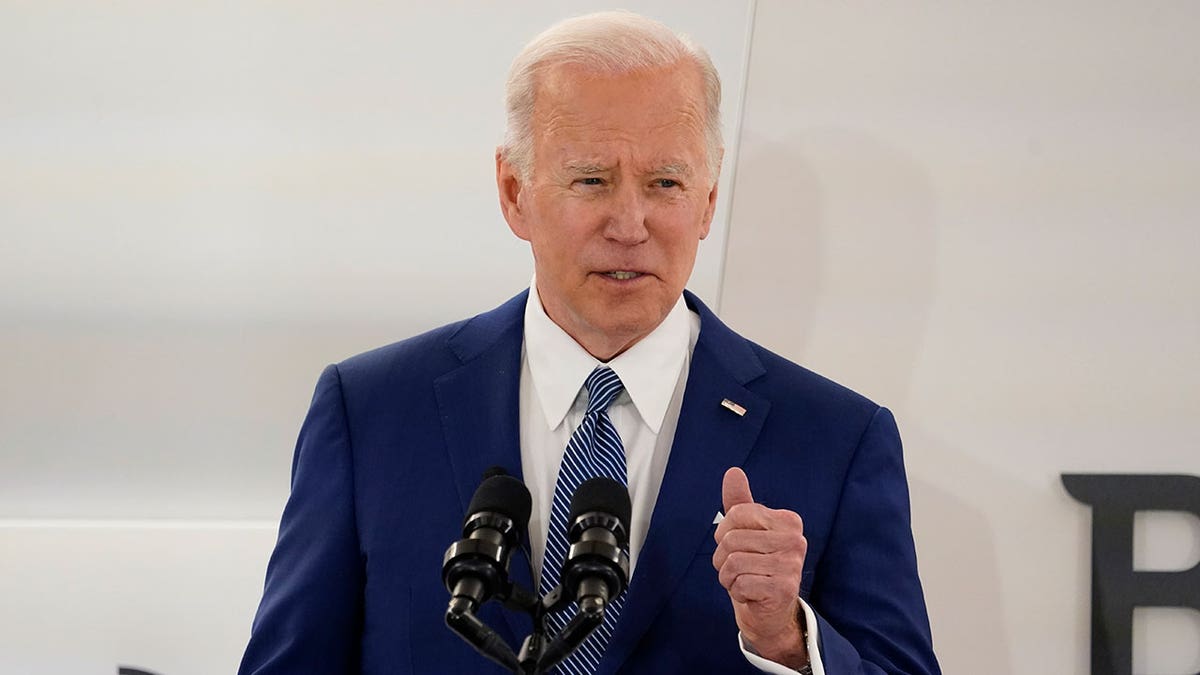
President Joe Biden is in hot water over a recent gaffe in which he said the U.S. military would intervene if China invaded Taiwan. (AP Photo/Evan Vucci)
The country's two most prominent liberal newspapers attempted to rationalize President Joe Biden’s latest foreign policy gaffe Monday where he claimed that the U.S. military would intervene if China invaded Taiwan, which is not official U.S. policy.
Both The New York Times and The Washington Post tried to inoculate the public from the controversy in which the president openly admitted to advocating a foreign policy contrary to the official U.S. line of "strategic ambiguity" when it comes to defending Taiwan.
One New York Times article, written by Peter Baker, couched Biden’s statements as him being his authentic self. Baker began saying, "Offhand remarks that vary from the official talking points have become a feature, not a bug, of the Biden presidency, as he demonstrated again on Monday when he dispensed with decades of ‘strategic ambiguity.’"
JOHN JAMES BLASTS BIDEN'S TAIWAN-CHINA GAFFE: 'CLEANUP ON AISLE 3 EVERY DAY'

The New York Times tried to smooth over Biden's gaffe on defending Taiwan from China.
Baker acknowledged that President Biden’s claims require "the ritual cleanup brigade dispatched by the White House" for correction or contextualization but tried spinning his claims as a sort of clumsy truth-telling.
He cited former Obama senior adviser David Axelrod, who stated, "Biden has always been more open about his thinking than most politicians. Everyone’s strength is their weakness. His strength is authenticity. His weakness is he’s sometimes more willing than his staff would like to share his thoughts."
He followed Axelrod’s claim, stating, "None of this should come as much of a surprise to anyone who followed Mr. Biden’s nearly half-century career as a senator and vice president."
Later Baker even wrote, "Since reaching the White House, Mr. Biden has largely avoided some of the cringe-inducing comments that got him in trouble in the past."
BIDEN'S TAIWAN-CHINA REMARKS SHOW 'AMATEUR-HOUR' AT WHITE HOUSE: GORDON CHANG

The Washington Post did its best to rationalize Biden's Taiwan gaffe.
"Instead, the ad hoc remarks that have stirred controversy seem to be more in the category of the columnist Michael Kinsley’s legendary definition of a gaffe," he wrote, and explained the definition. "’A gaffe,’ he famously wrote, ‘is when a politician tells the truth — some obvious truth he isn’t supposed to say.’"
The second Times piece, a section from the paper’s "The Morning" newsletter, essentially softened the gaffe stating, "President Biden is a famously imprecise speaker. He sometimes makes statements that convey his emotions more than any specific policy views."
Times senior writer David Leonhart surmised that it may not have been a gaffe at all, but a new strategy.
"But there is reason to suspect that Biden’s remarks had some strategic intent, even if he didn’t mean exactly what he said. One sign is that Biden made similarly hawkish comments about Taiwan twice last year," he wrote.
He then explained Biden’s hypothetical strategy. He wrote, "the surest way to protect Taiwan is to make China’s leaders believe that even if they could win a war, it would be costly enough to destabilize their regime," and added, "Biden’s string of comments about Taiwan can serve this goal. He has signaled that an invasion of Taiwan would demand a major U.S. response, while remaining vague about what exactly it would be."

New York Times and Washington Post tried to explain Biden's statements on the U.S. military defending Taiwan. (AP Photo/Patrick Semansky)
A Washington Post analysis written by reporter Adam Taylor exerted itself in trying to decipher Biden’s gaffe. Taylor offered "three theories" on Biden's similar Taiwan statements. The first one being that they are gaffes, but "understandable" ones.
"One of the easiest explanations is that each time he spoke of defending Taiwan, Biden was misspeaking. It’d be an understandable mistake: Taiwan policy is complicated, shrouded in lingo that often only those who track the issue closely seem to understand," Taylor wrote.
The author’s second theory gave Biden the benefit of the doubt by wondering whether his statement represented a "new policy." He stated, "the key to this theory is to remember that Biden is president: If he says that the United States would protect Taiwan if China is invaded, you would assume that it would."
CLICK HERE TO GET THE FOX NEWS APP
Taylor’s third theory read, "It’s the old policy, with a new spin." He claimed, "perhaps the most persuasive idea about Biden’s comments is that this is still ‘strategic ambiguity,’ just with a new, harder spin."

